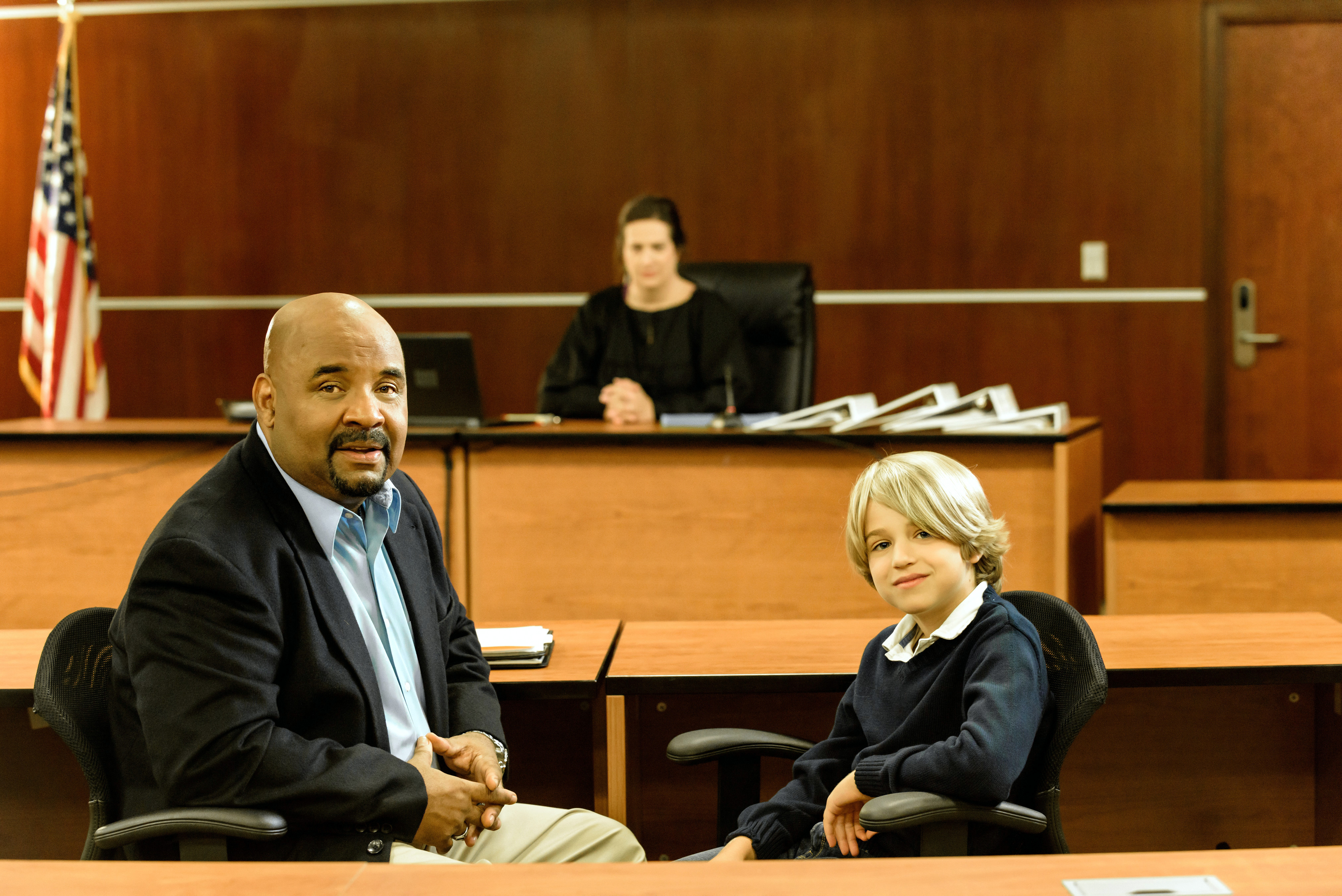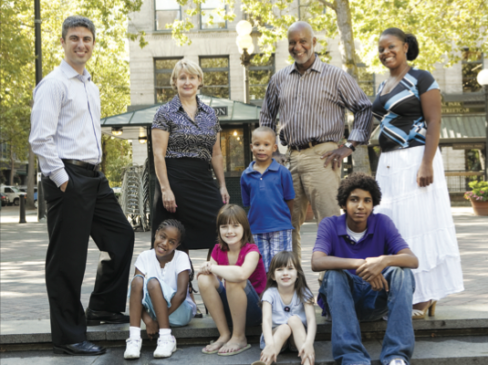
BY HILLARY VIDERS
SPECIAL TO NORTHERN VALLEY PRESS
BERGEN COUNTY, N.J.––When 13-year-old Brittany told her teacher that her father and uncle were sexually abusing her, it set in motion a series of actions that ultimately resulted in Brittany being placed in her paternal grandmother’s home.
Unfortunately, this story, like those of many abused children, does not have a happy ending. Brittany’s grandmother refused to believe her, and the youngster could not go back to living on the street (which she had done previously with her mother, who was a substance abuser), so the child welfare system placed her in a foster home.
But Brittany failed to adjust to the foster home, and after a month she started missing school, hanging out with delinquents and stealing. Brittany had to be removed and uprooted from a succession of foster homes and schools many more times, finally “aging out” of the system. Brittany, like thousands of other youngsters, was in dire need of a loving family, mental stability and a sense of permanency, but she never found it.
Last year in New Jersey, approximately 12,000 abused and neglected children lived in “out-of-home placements.” They were removed from their homes and placed by the child welfare system in foster homes, residential treatment facilities or group homes.
In Bergen County, there were a total of 540 such cases last year. Children are removed from their homes when they are victims of physical abuse, sexual abuse, neglect or abandonment. Many of the Bergen County children are removed due to neglect from parents who have substance abuse issues and/or mental health issues or who are homeless.
CASA makes a difference
To these children, Court Appointed Special Advocates (CASA) can make all the difference in the world. Bergen County CASA, a nonprofit organization based in Hackensack, recruits, screens and trains volunteers to become child advocates and speak up for the best interests of abused and neglected children involved in the child welfare and court systems and who are living in out-of-home placements.
CASA receives requests from the family court judge to assign a trained volunteer to a case. These CASA advocates work toward finding safe and permanent families and homes for these children as quickly as possible, so the children don’t languish in the child welfare system. Finding permanency for the children may mean reunification with their families or with other relatives or being adopted.
CASA’s mission is establishing permanency, because there are lasting detrimental effects for children who are moved from placement to placement without permanent homes of their own.
Many times, children have been separated from their siblings, and they may find themselves in a new town, and attending a new school.
Bergen County CASA Executive Director Ellen Davis noted, “Research has shown us that children lose 6 months of educational ground each time they are moved to a new school. We are trying to decrease the incidence of multiple placements for each child and the overall time in out-of-home care so that their lives and schooling are more stable. If you think of a child’s sense of time, one night away from family can seem like a long time, but days often turn into months and months can turn into years.”
On Aug. 1, 2017, 262 Bergen County children were living in out-of-home placements. Over half of these youngsters have been without a permanent home for 2 to 4 years, and 11 percent have been living without a permanent home for 5 or more years.
Davis added, “The greatest number of abused or neglected children that are taken away from their homes fall in the newborn to 3-year-old age range, and they are extremely vulnerable. On the other end, the older children, aged 12 to 21, are less likely to be adopted. But, they never stop craving a permanent family.”
While the children remain in foster care, CASA volunteers also ensure that their medical, mental health, educational and recreational needs are being identified and services are provided to meet their needs.

History of CASA
The first CASA program started in Seattle in 1978, by Judge David Soukup. He realized that he was making far-reaching decisions about the lives of children without hearing from the unique perspective of the child. He decided to train volunteers from the community to independently investigate the cases and make recommendations about what was in the best interest of the child.
This was so successful that it became a national organization in 1982 and currently there are over 1,000 CASA programs throughout the United States and over 76,000 CASA volunteers.
Bergen County CASA opened its doors in 2003 at the request of Judge Ellen Koblitz, presiding judge of Bergen County’s Family Court at the time, who recognized the need for advocacy services for the Bergen County children. They have advocated for over 640 children to date.
How CASA works
“We are the eyes and the ears of the court,” explains CASA volunteer Heather Diresta, who has a degree in criminal justice. Diresta summarizes the process: “When we get a case from the court, the assigned CASA volunteer reads the court case file and the child welfare file. She/he then meets with the child (at least monthly) and with all the people involved in that child’s life (e.g. biological parents, foster parents, school personnel, child welfare worker, doctors) to investigate how the child is doing in his or her placement, in school, physically and mentally. The advocate then collects all of the information and compiles it in to an objective court report, which includes recommendations to address the child’s needs. This report is distributed to the judge and all of the legal parties. The CASA volunteer also attends court and speaks on behalf of the child. Each case is unique, but the process can take from several months to several years.”
Bergen County CASA currently works with 125 volunteers to serve over 200 children. The volunteers are men and women and from all walks of life, e.g., lawyers, doctors, retired executives, stay-at-home moms, teachers, nurses, and ages ranges from 20s to 70s. Each trained volunteer is assigned to one of the paid case supervisors on staff who provide guidance and support to the volunteer throughout the case.
CASA seeks volunteers
Bergen CASA is currently seeking volunteers, age 21 or older, for their upcoming fall class. Applicants go through a rigorous screening process, and if accepted, they participate in a 30-hour pre-service training, which is very interactive and involves teaching trainees about family court and child welfare practices and laws as well as how to advocate for the children and work with their families, foster parents, service providers and school personnel.
Davis says, “Our main goal is to help children achieve permanency as soon as possible. To do so, children need a voice, and we are that voice.”
If you are interested in becoming a CASA volunteer, call (201) 336-7520 or email info@bergencasa.org. The next information sessions will be held on Aug. 22 and Sept. 10, both at 10 a.m. and 5:30 p.m., at One Bergen County Plaza, Suite 334 in Hackensack.
